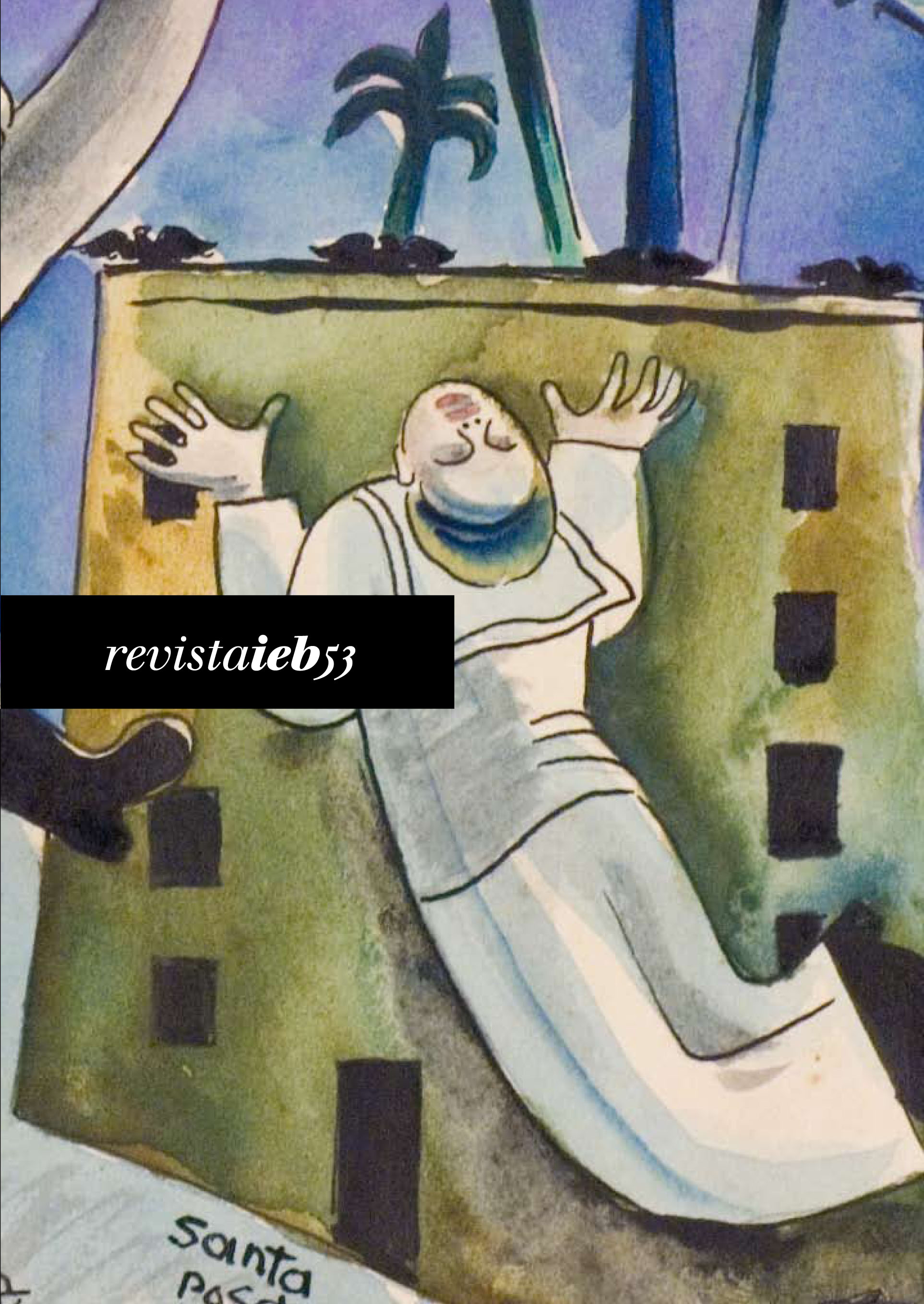Two Austrian writers in exile in Brazil or "Europe in the jungle": Stefan Zweig and Ulrich Becher
DOI:
https://doi.org/10.11606/issn.2316-901X.v0i53p127-148Keywords:
German-speaking exile, era Vargas, Ulrich Becher, Stefan Zweig, samba and macumba.Abstract
In opposition to Stefan Zweig the Austrian writer Ulrich Becher, born in 1910 and refugee from Nazism in Brazil in the Forties, intensively dealt with his Brazilian exile in his literary works. In the plays Samba (première in 1951) and Makumba (première in 1958) Becher consciously used elements of the Afro-Brazilian culture, such as the samba, the carnival and the macumba, as means of production. By them he didn't only illustrate his experience of exile in Brazil and the consequences of the Nazi mindset. Moreover, he also found a way of stating his resistance against Fascism. As the upgrading of these elements of the Afro-Brazilian culture formed an integral part of the effort to achieve an all-embracing Brazilian identity within the nation during the era Vargas, the analysis of Becher's plays contribute a new and interesting aspect to the researches on Brazil of the Era Vargas.Downloads
Download data is not yet available.
Downloads
Published
2011-09-01
Issue
Section
Articles
License
- Todo o conteúdo do periódico, exceto onde está identificado, está licenciado sob uma Licença Creative Commons do tipo atribuição CC-BY.
How to Cite
Eckl, M. (2011). Two Austrian writers in exile in Brazil or "Europe in the jungle": Stefan Zweig and Ulrich Becher . Revista Do Instituto De Estudos Brasileiros, 53, 127-148. https://doi.org/10.11606/issn.2316-901X.v0i53p127-148



